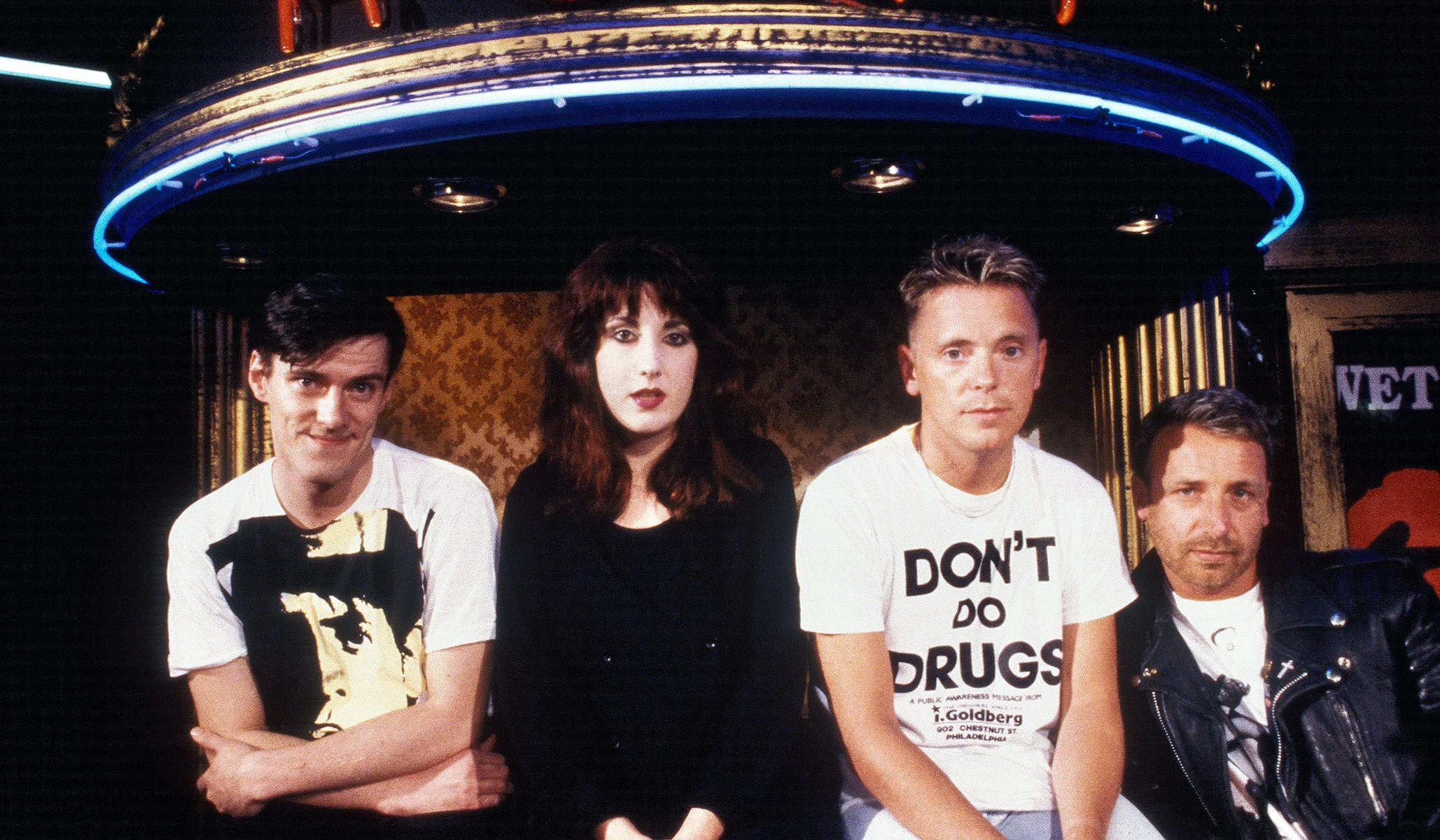In 1983, New Order released Power, Corruption & Lies, an album whose title boldly called out the ethical disorder of the world, setting a new standard for pop music. In contrast, contemporary pop music, from Lizzo’s self-indulgence to Taylor Swift’s gender bias, Beyoncé’s tribalism, and Garth Brooks’ Bidenomics, has embraced social-justice narcissism and eschewed ethics.
New Order emerged from the ashes of Manchester’s Joy Division, a punk band that had turned post-punk, skeptical of both Margaret Thatcher’s establishment and British socialist fashion. New Order celebrated life and conscientiousness through largely instrumental, existential rhythms, musing on philosophical post-punk ideas.
The album’s title is said to have been inspired by a Penguin paperback book or graffiti by German artist Gerhard Richter, both of which point to the band’s avant-garde, intellectual interests. The album cover features the painting A Basket of Roses by Henri Fantin-Latour, chosen by Factory Records designer Peter Saville to confirm the artsy nature of post-punk aesthetics.
Power, Corruption & Lies also indicates the rebellious attitude post-punk artists had toward the music industry. New Order’s gentle tunes proved they weren’t ideologues but twentysomethings who wanted to dance. The title’s generic criticism is criticism enough.
Side Two of the album bursts with beauty, particularly “Your Silent Face,” an enigmatic, mostly instrumental love song that transcends politics. The lyrics confront the robotic smugness of TV newsreaders, while Gilbert’s organ notes provide a Bach-like pulse that elevates dance pop from generic to sublimely personal.
New Order’s defiance relates power to government, corruption to human folly, and lies to the media. “Leave Me Alone” closes the album with foresight that distrusts politics altogether.
New Order’s music is a deliberate, conscious answer to political terror. Power, Corruption & Lies dared to call out moral depravity, and it feels good that New Order made that knowledge a valiant bequest.

